McDonald's at 75: Pink slime, McLibel and other scandals
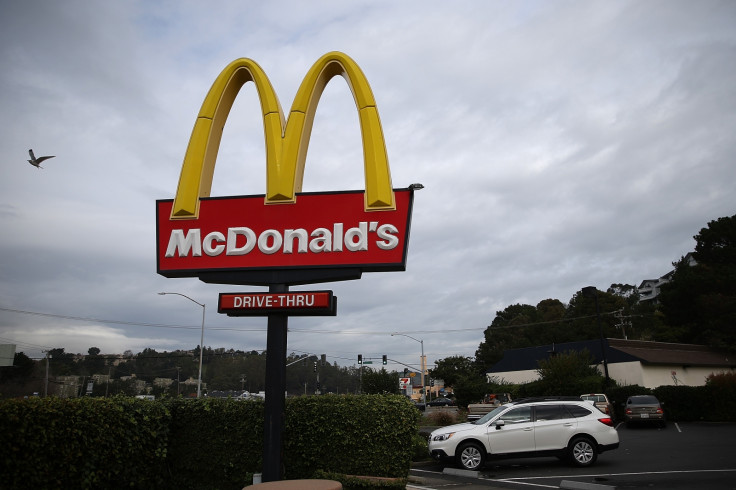
In San Bernardino, California, 75 years ago, two brothers made the big move from a hot dog stall to a full-blown fast food restaurant. They were the McDonald brothers, Richard and Maurice.
Before long, their fast-food concept -- the quick and quality service of customers with a decent, affordable meal – was being franchised out. By the mid-1950s, McDonald's had been incorporated and the franchise model exploded across the whole of the US.
It grew and grew and grew, expanding the world over until the McDonald's "golden arches" logo was ubiquitous in towns and cities and more recognised that the Christian symbol of the cross.
But its journey from a humble family run restaurant to a corporate megalithe has been bumpy, despite its huge financial success. Here are some of the memorable scandals around McDonald's.
Pink slime
@ZombieFanpage There isn't any so-called pink slime in any of our menu items. pic.twitter.com/kkPcLwKPEU
— McDonald's (@McDonalds) February 10, 2015A picture of a grotesque, alien coil of what was dubbed "pink slime" unfurling itself from some kind of food processing machine constantly do the rounds on social media, much to the misery of McDonald's PR staff. It often purports to be what the company uses to make its nuggets.
"No, our Chicken McNuggets do not contain what some people call 'pink slime' or 'pink goop'," McDonald's says in a statement on its website.
"We've seen the photo of 'pink goop' or "pink slime" in association with McDonald's. Let's set the record straight: this image in connection with McDonald's is a myth. In fact, we don't know where it came from, but it's not our food. The photo is not a representation of how we create our Chicken McNuggets, or for that matter, any item on our menu.
"Each and every one of our Chicken McNuggets are made with USDA inspected boneless white meat chicken — cut from the chicken breast, tenderloins and rib meat."
The term "pink slime" actually comes from what celebrity chef Jamie Oliver pejoratively called the processed ground beef McDonald's uses in its burgers.
McLibel
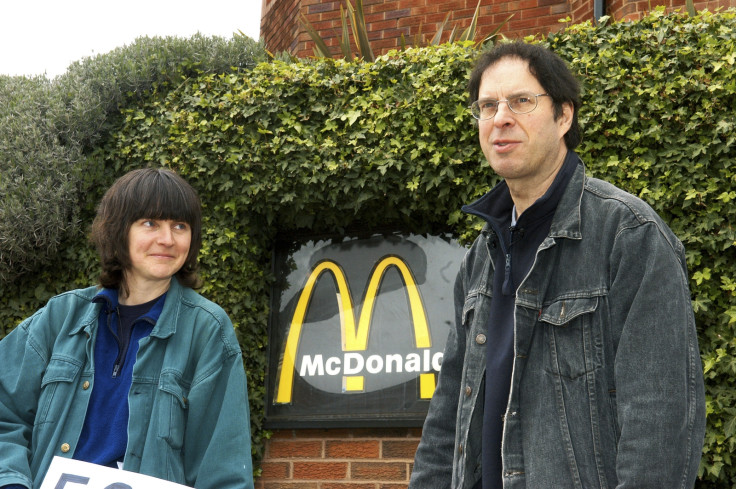
In the 1990, McDonald's threatened to sue five environmental activists in Britain for libel unless they withdrew claims made in a pamphlet that the firm was getting up to all sorts of dodgy business, including destroying the rainforest, worsening extreme poverty and exploiting children through advertising.
The libel threat was part of a broader McDonald's legal campaign to defend its reputation. Three of the activists held their hands up. But two did not -- Helen Steel and Dave Morris -- and it went to court.
McDonald's won because the claims could not be substantiated, but it was viewed as a messy and unnecessary affair because the damage caused by the defendants -- who were simply handing out leaflets in London -- was negligible. It was a classic David-versus-Goliath struggle, a monstrous corporate behemoth on the side and a couple of greasy small-time activists on the other. It also left McDonald's with a large legal bill and, after the Streisand effect, a worse reputation than that which it started defending.
Complicity in rainforest destruction
Greenpeace released a report in 2006 showing McDonald's -- among others, such as KFC --- was using chicken meat from birds fed on soya grown in areas of farmland made by destroying parts of the Amazon rainforest.
McDonald's reviewed its policy after intense media attention and now does not use chickens fed on rainforest soya. Since the Greenpeace report, destruction of the rainforest to make way for soya plantations has all but ceased.
Super Size Me
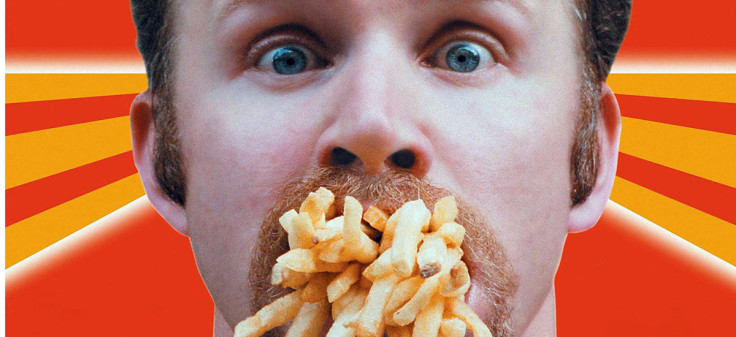
Morgan Spurlock fronted this documentary about what it does to a person's body to eat only McDonald's meals for a month. He gorged his way through breakfast, lunch and dinner, only eating and drinking off the McDonald's menu -- and it didn't do him a whole lot of good.
It was an unscientific experiment by Spurlock, but his short journey through the "McDiet" -- which included having to "super-size" the meal if he was offered the opportunity by the server -- saw him (unsurprisingly) grow fatter and more unhealthy, to the point where his doctor urged him to abandon the project lest he cause himself long-term damage. The film was a hit, securing an Oscar nomination, and was a blow to McDonald's reputation, helping to spark its drive to add healthier options to its menu.
Food safety scares
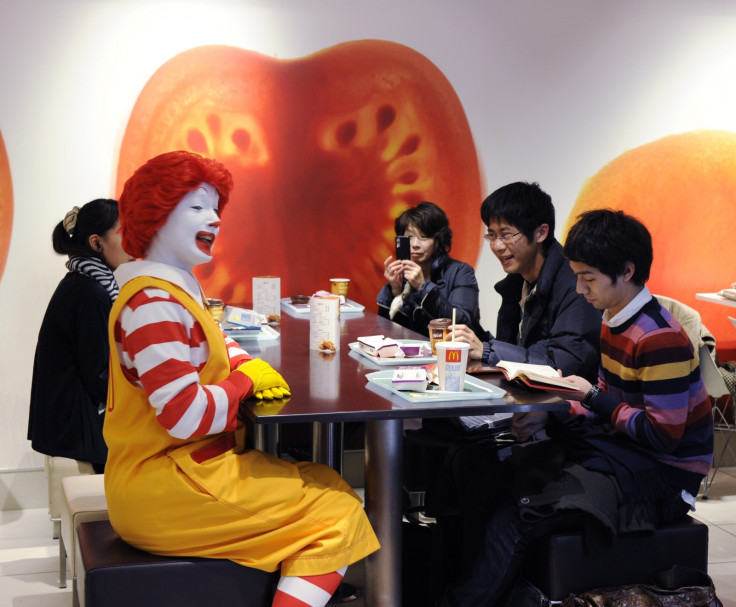
When the BSE crisis struck Europe in the 1980s, McDonald's as one of the biggest beef product purveyors was hit hard by the public health scare over what was called "mad cow disease". As a result, the firm's profits were hit and it stopped buying British beef, where BSE had been discovered, as a precaution. The foot-and-mouth disease crisis in the early 2000s had a similar effect on McDonald's.
More recently, a food safety scare has erupted in China and Japan. One of McDonald's Chinese suppliers, Shanghai Husi, was alleged in 2014 to be using expired meat in its products and forging use-by dates. An investigation is ongoing by the Chinese authorities. As for Japan, there were several high-profile incidents of customers finding odds and sods in their food -- including a human tooth. McDonald's Japan reported its first full year loss in 11 years in 2014.
Workers' rights
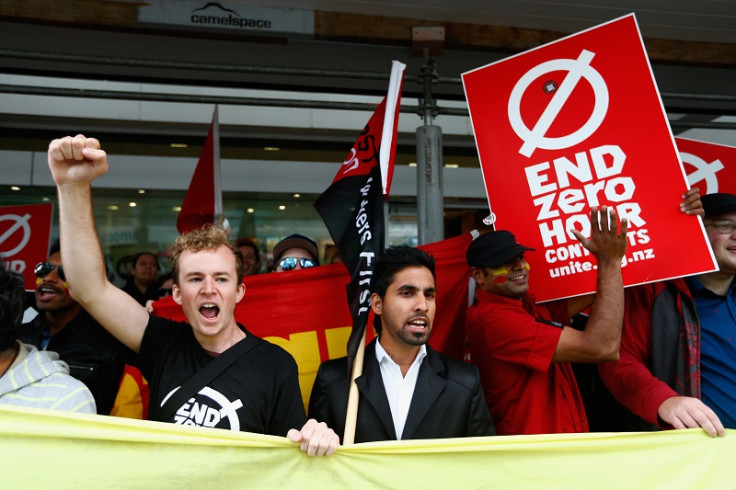
Driven by employee satisfaction in the US, where low-paid McDonald's workers were demanding a $15 an hour minimum wage, strikes and protests burst out at the fast food chain elsewhere in the world, not just US cities, from Japan to Brazil to the UK. All were demanding better working conditions at McDonald's, as well as other big name fast food firms, unionisation and an end to "poverty wages".
To make matters worse, the US National Labor Relations Board accused McDonald's of unlawfully punishing workers who took part in those legitimate protests, something it is challenging in the courts. It's a cloud that still hangs over McDonald's.
© Copyright IBTimes 2025. All rights reserved.






















